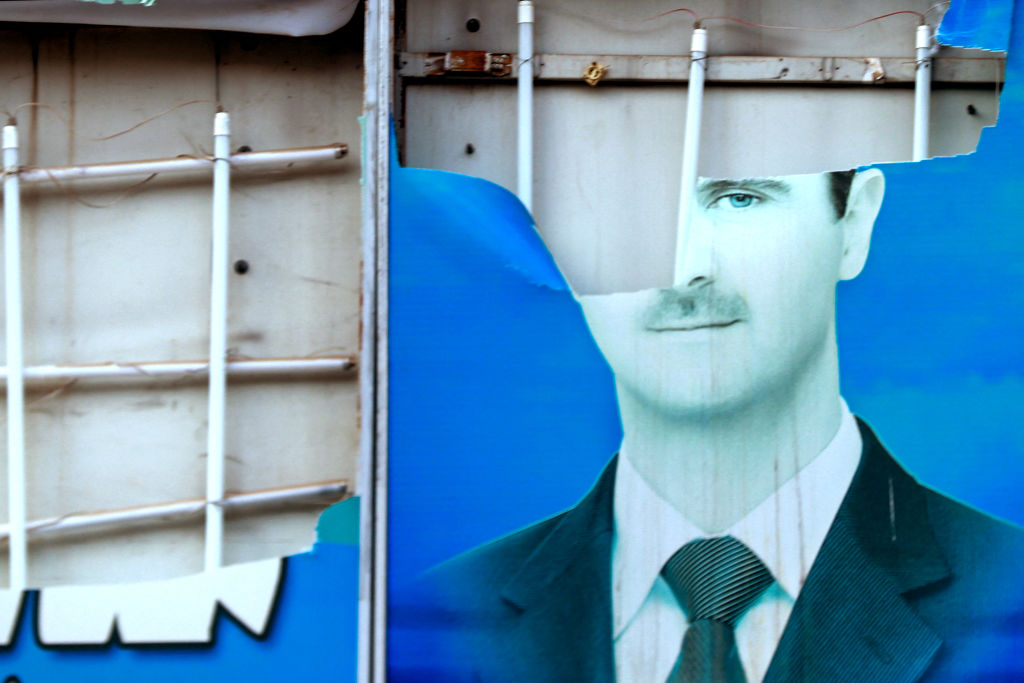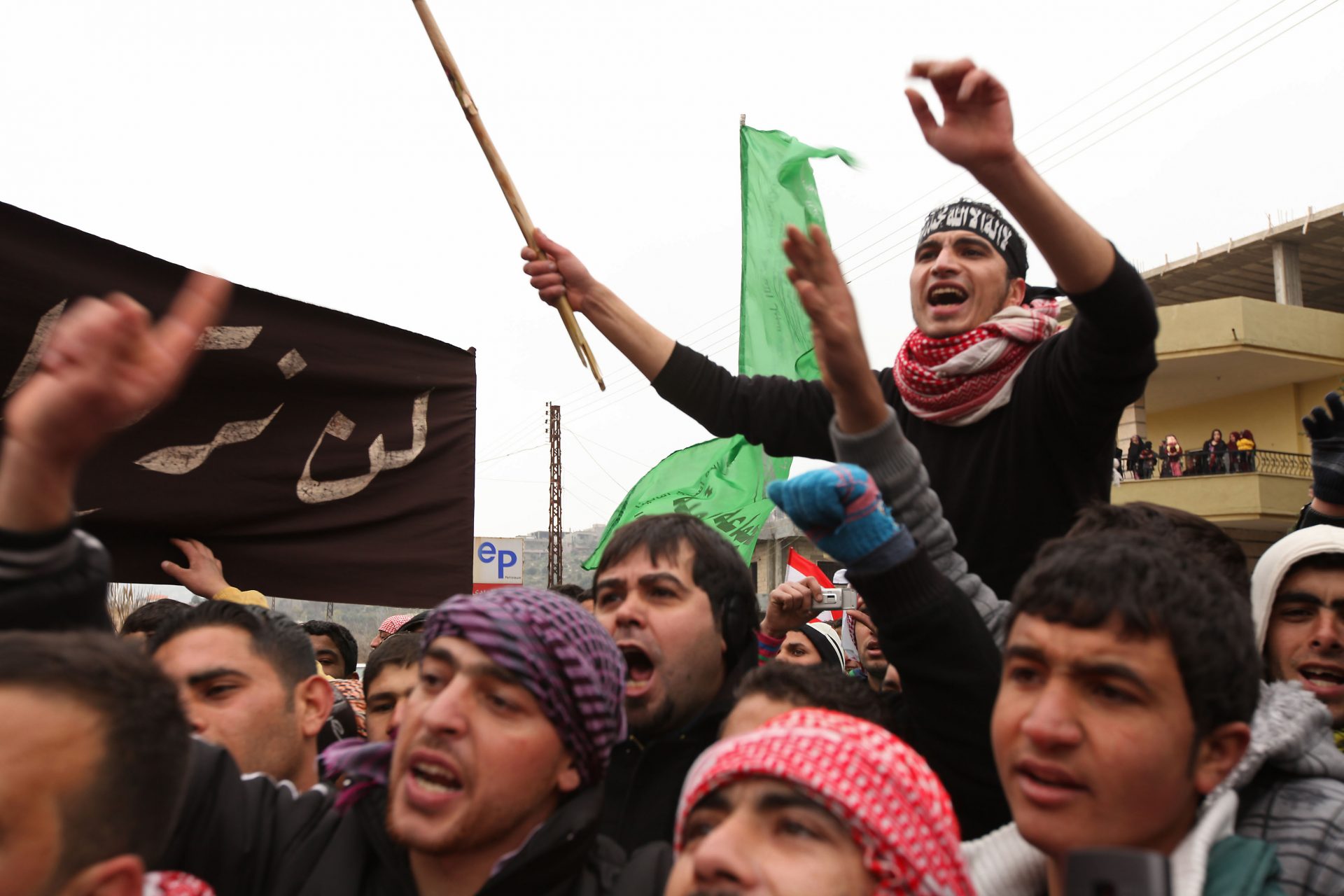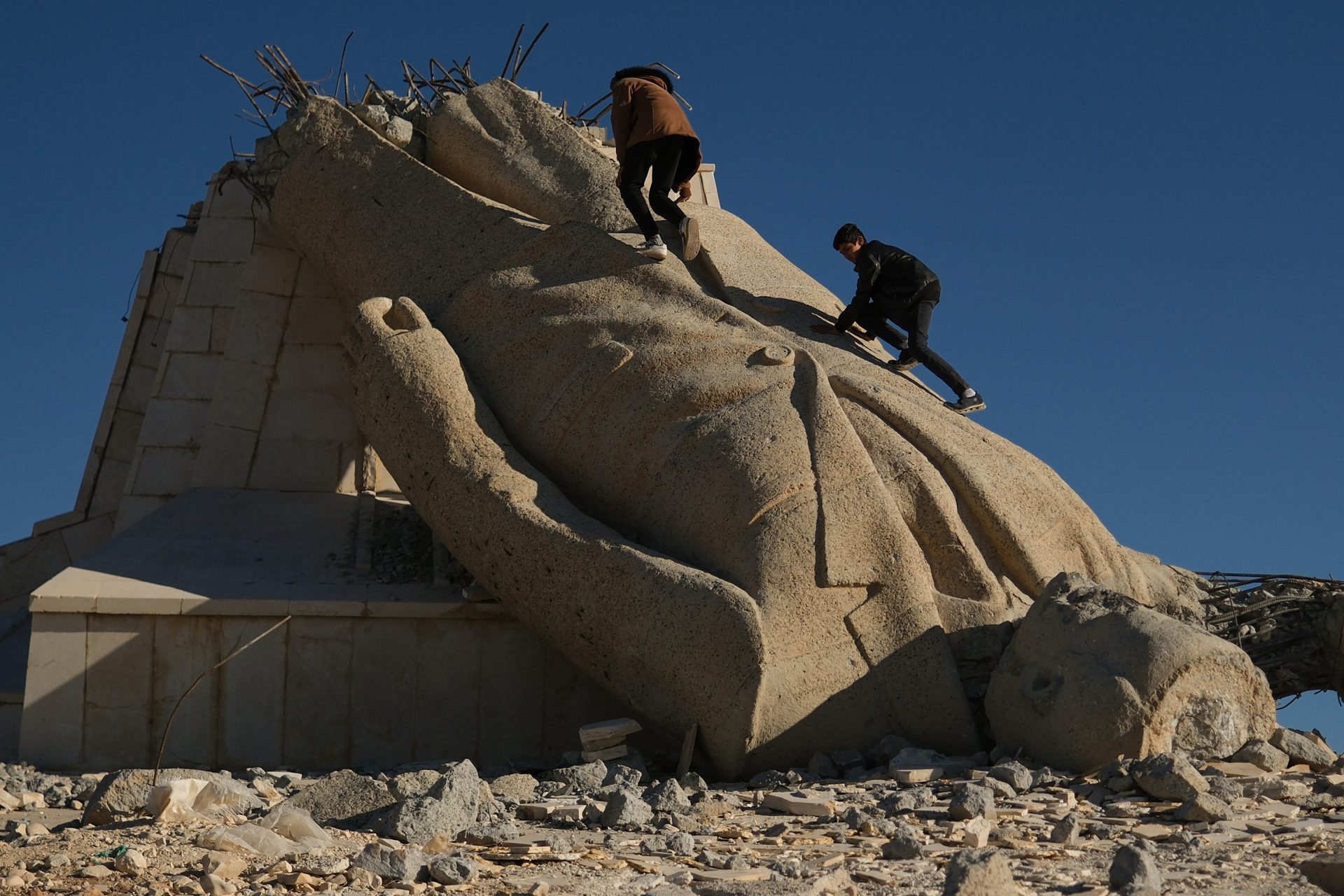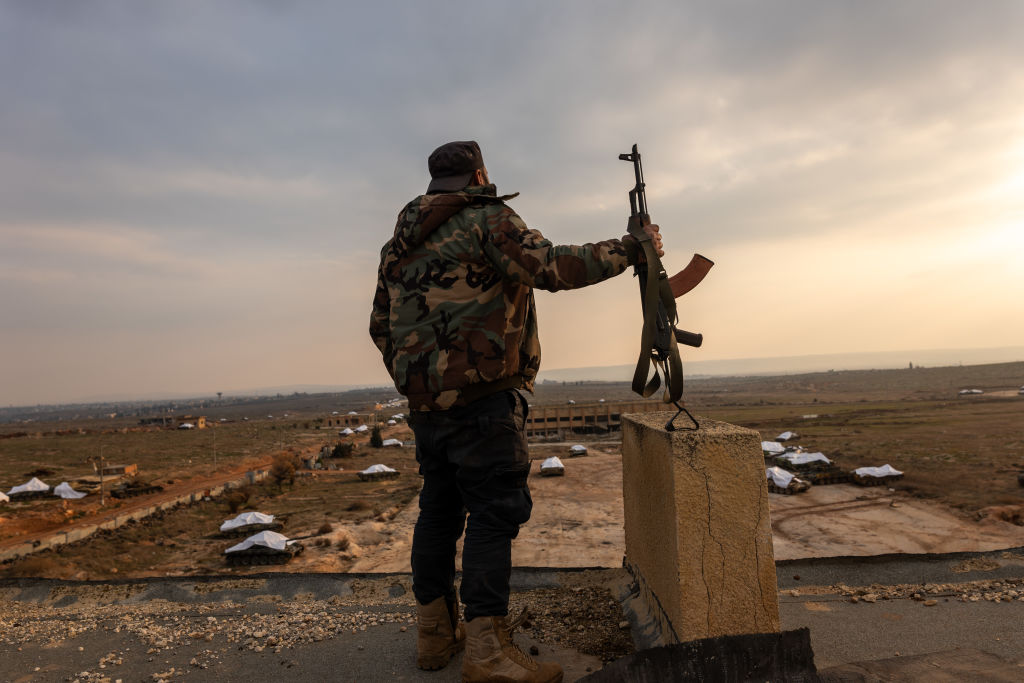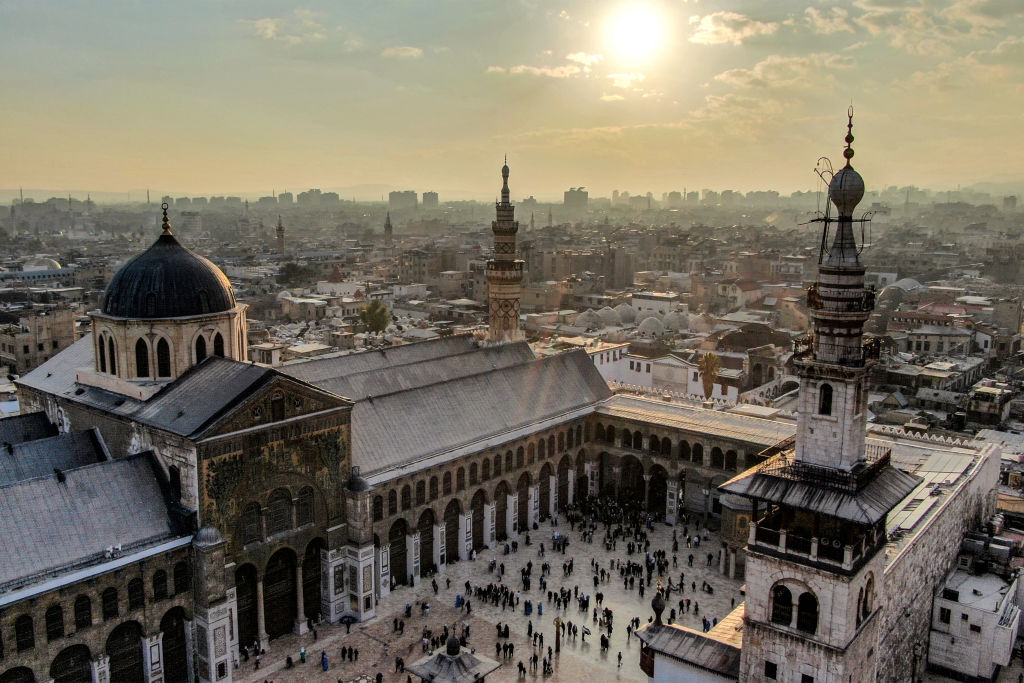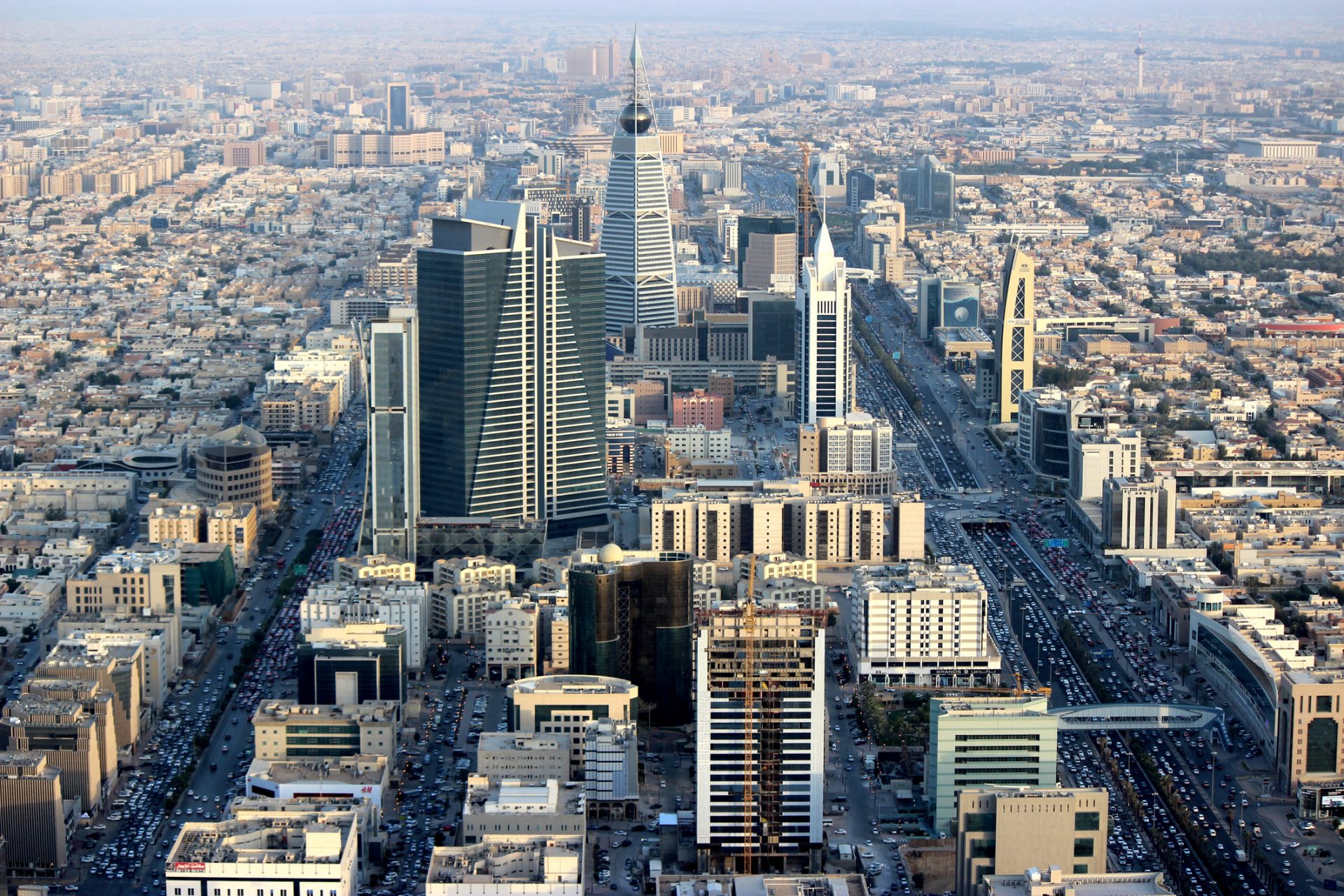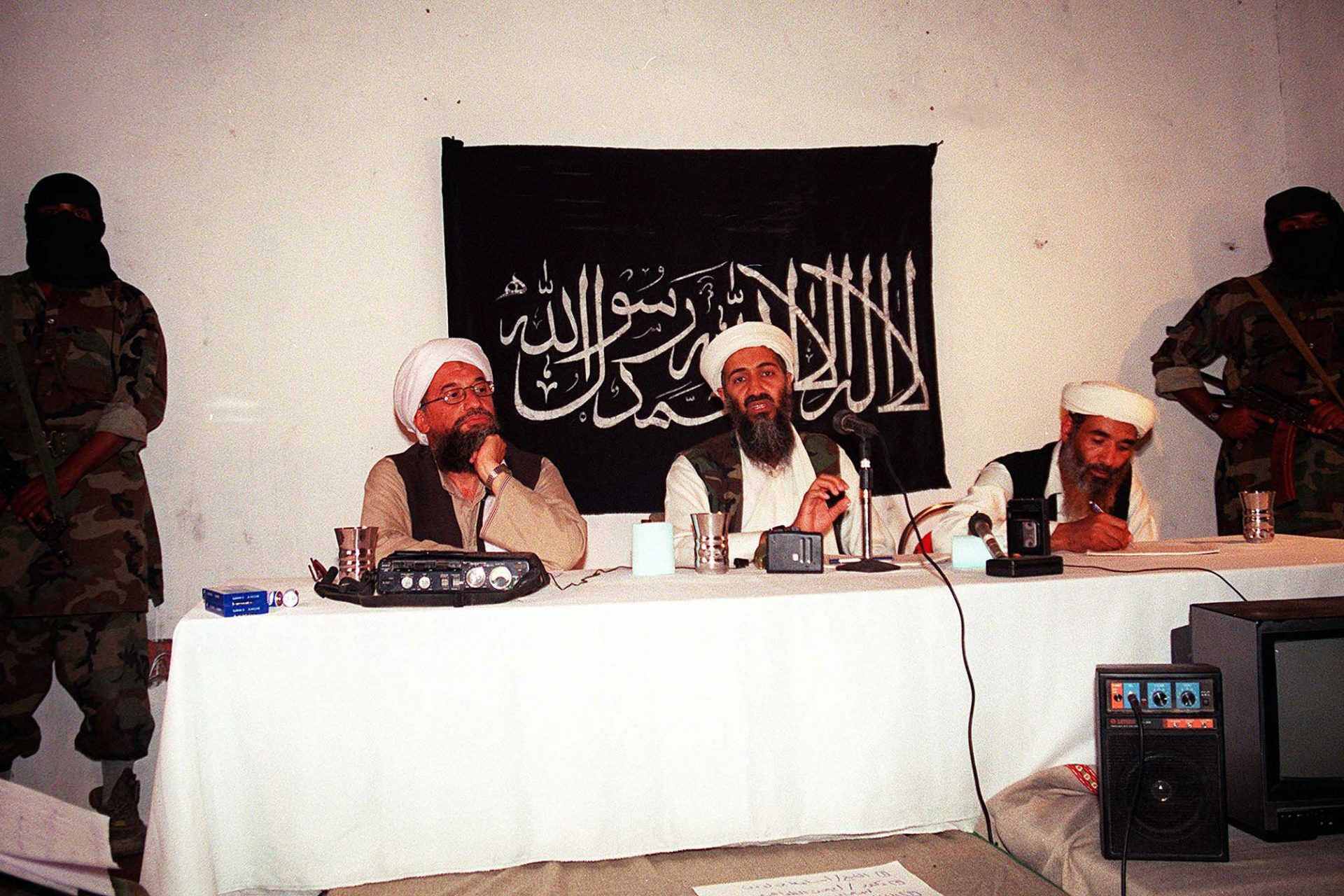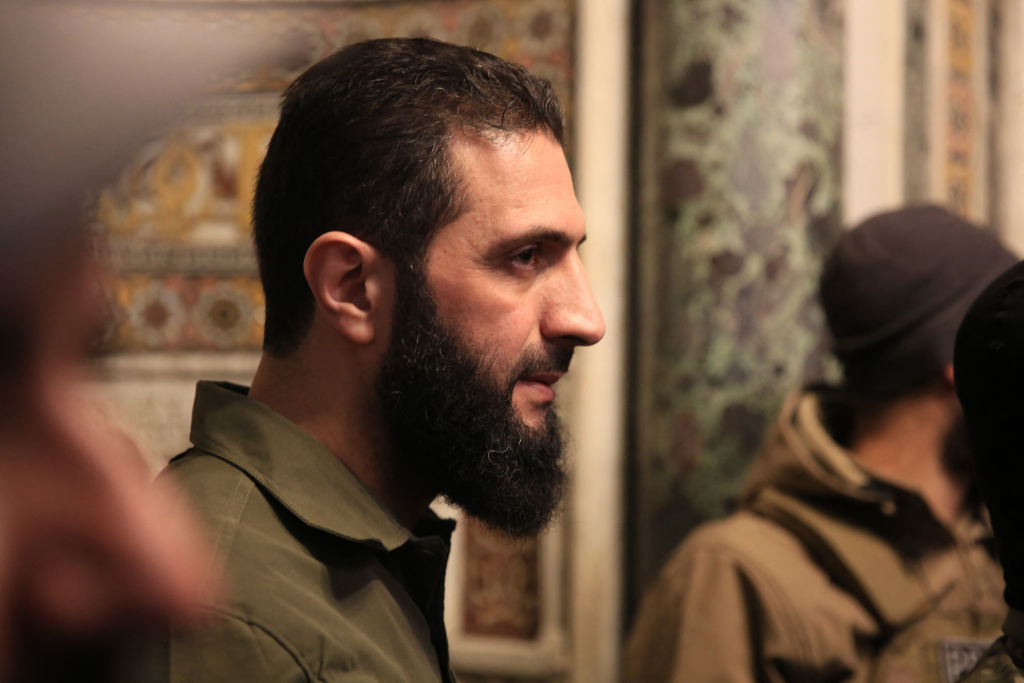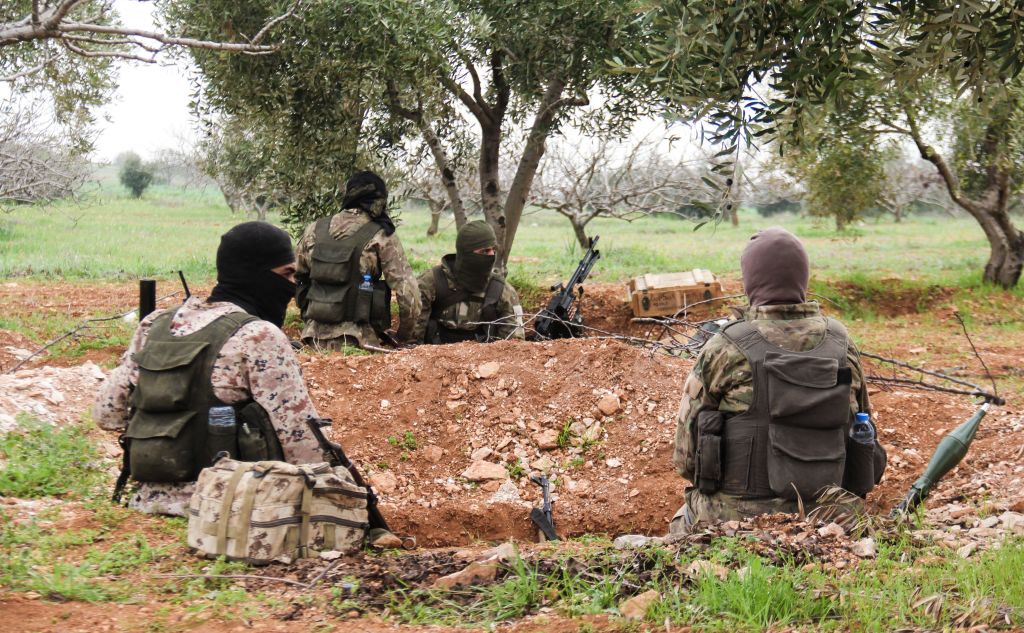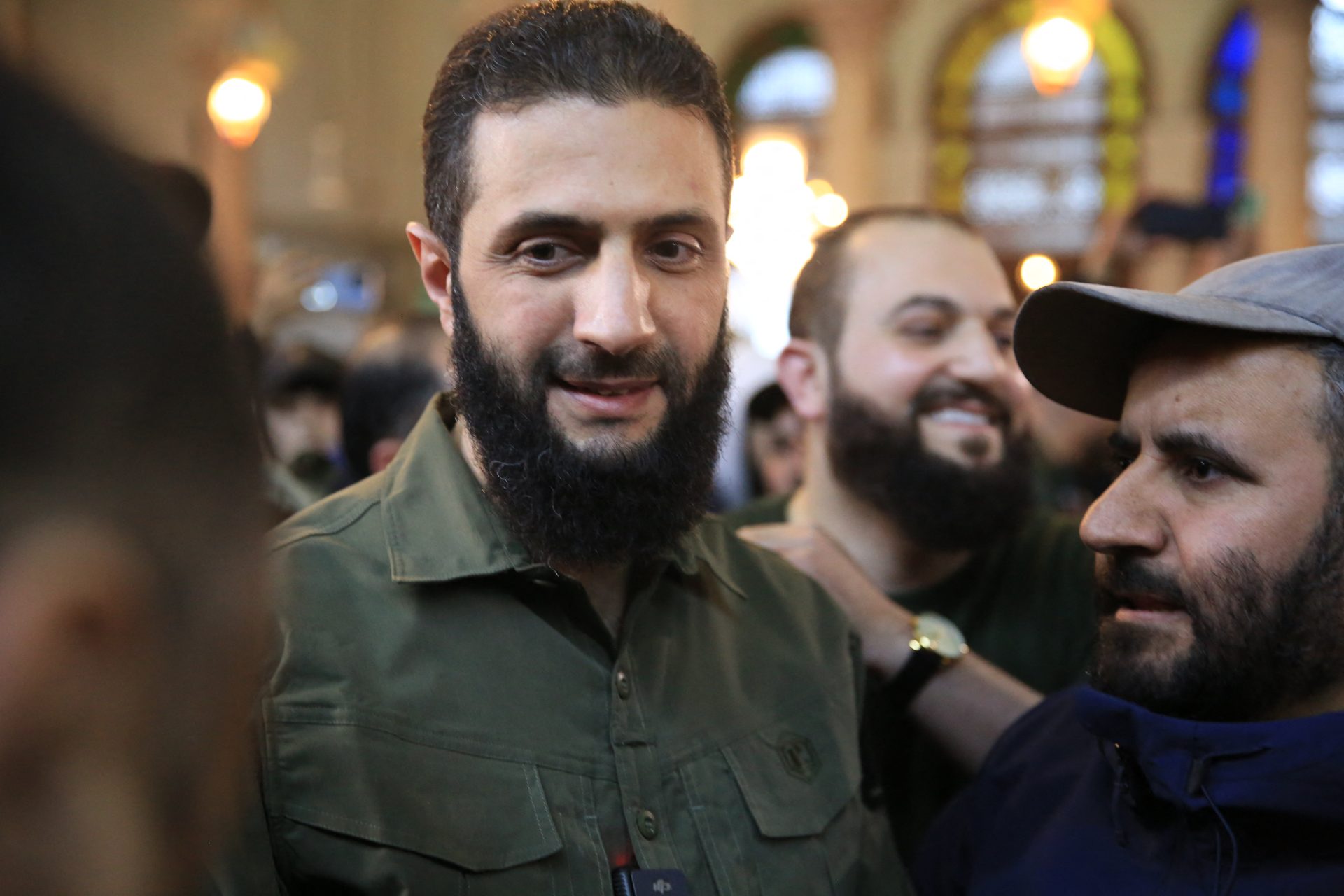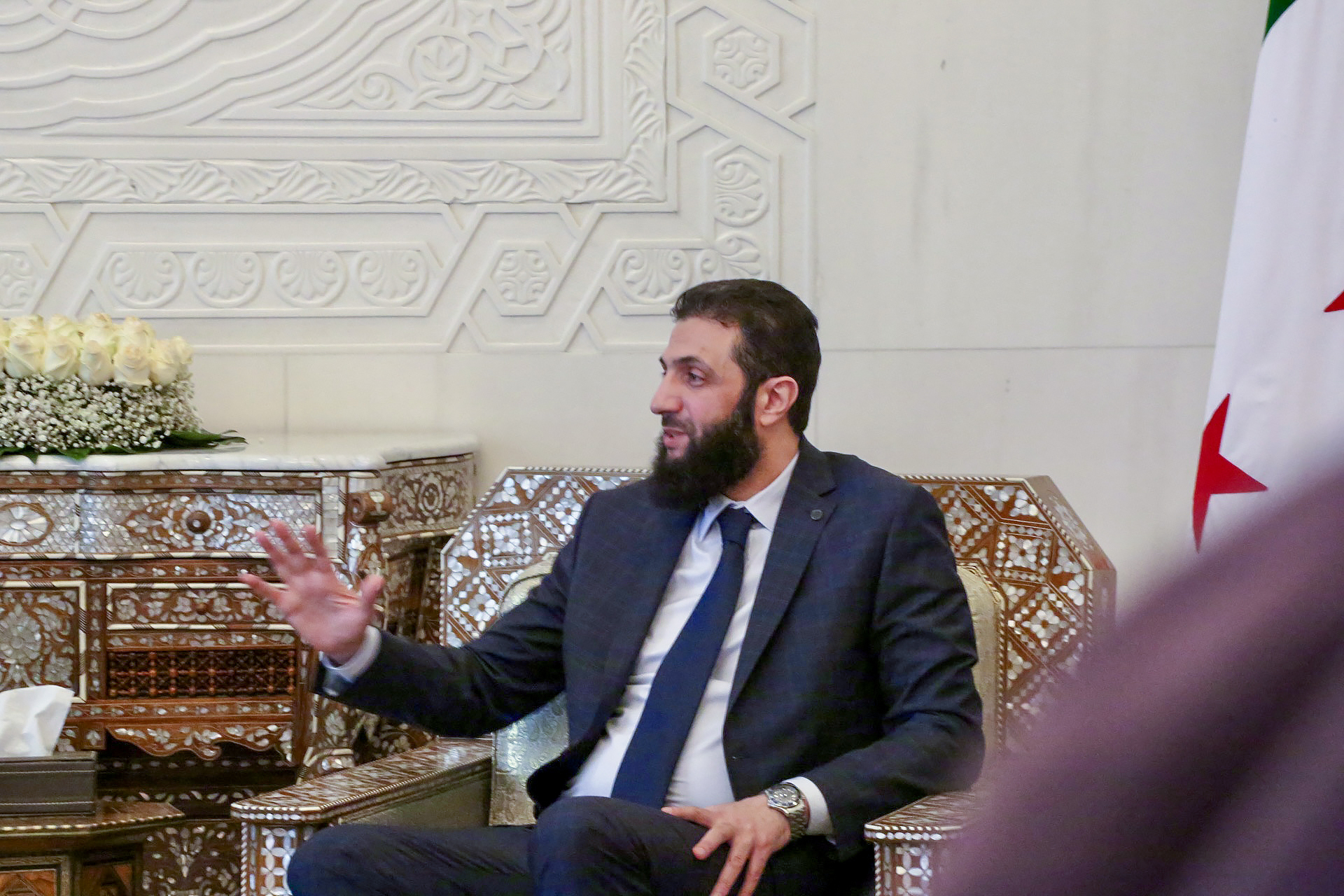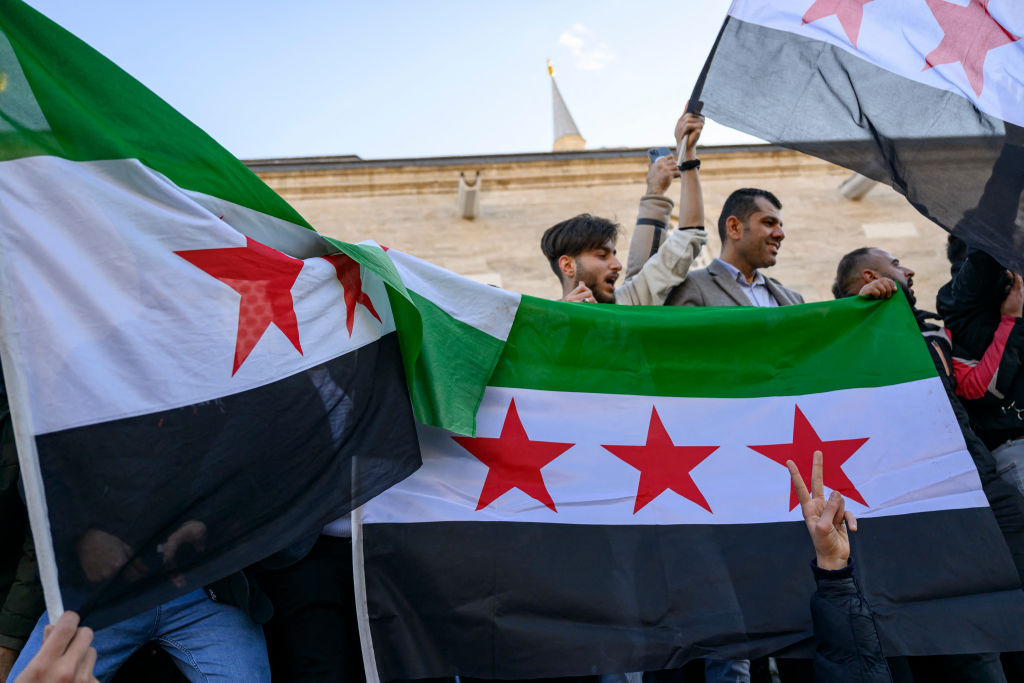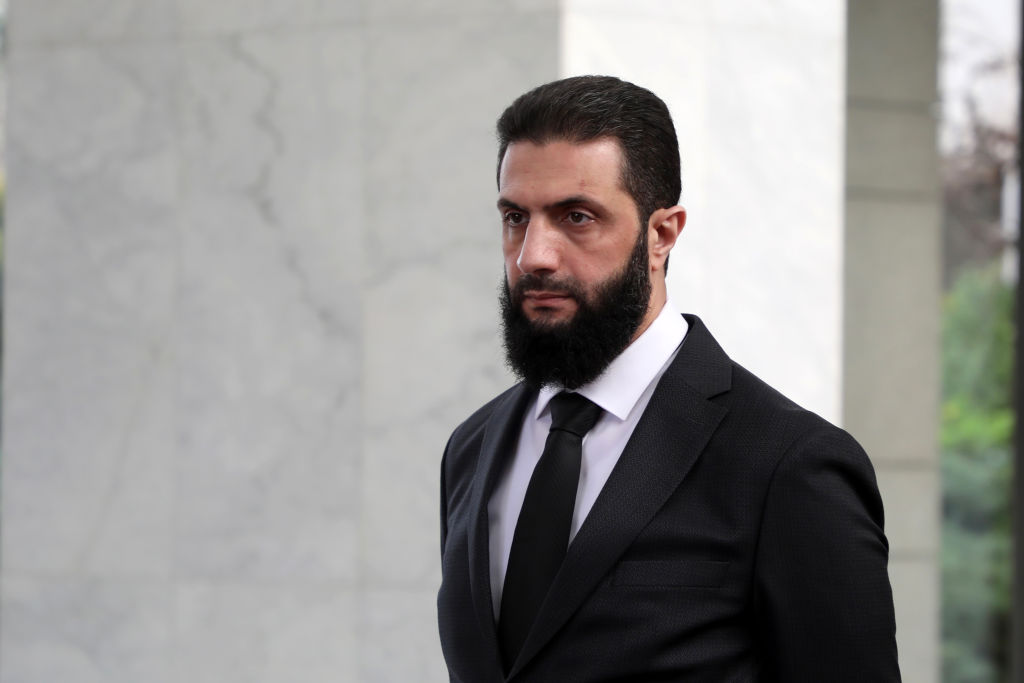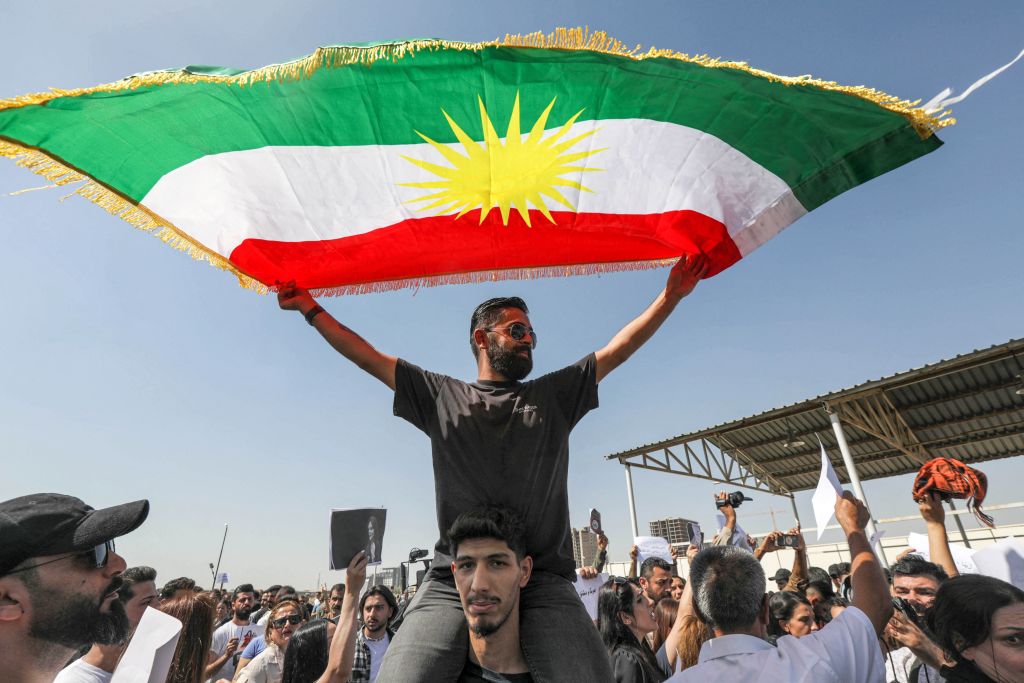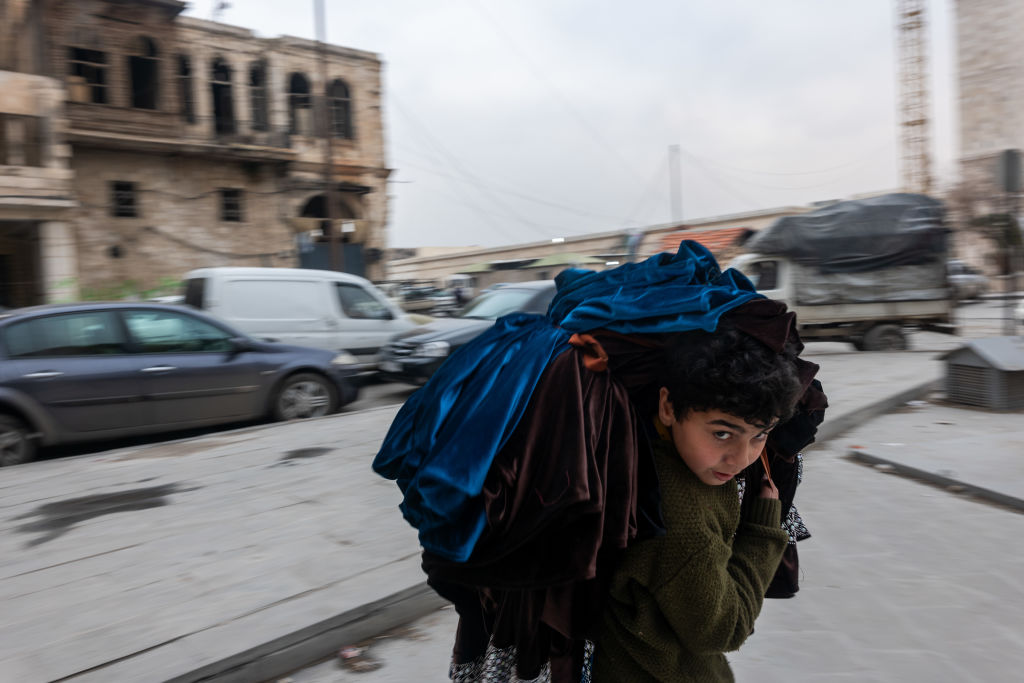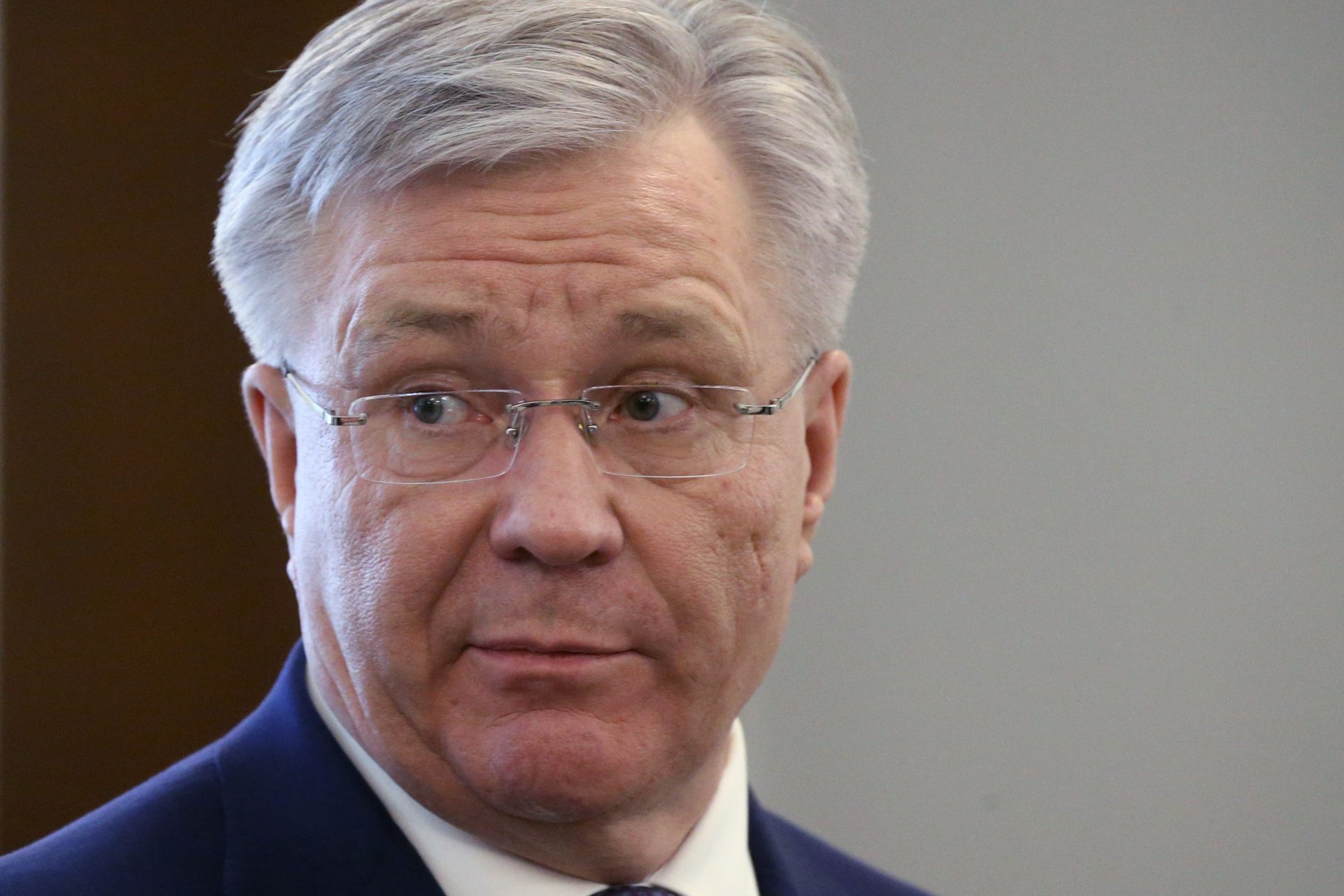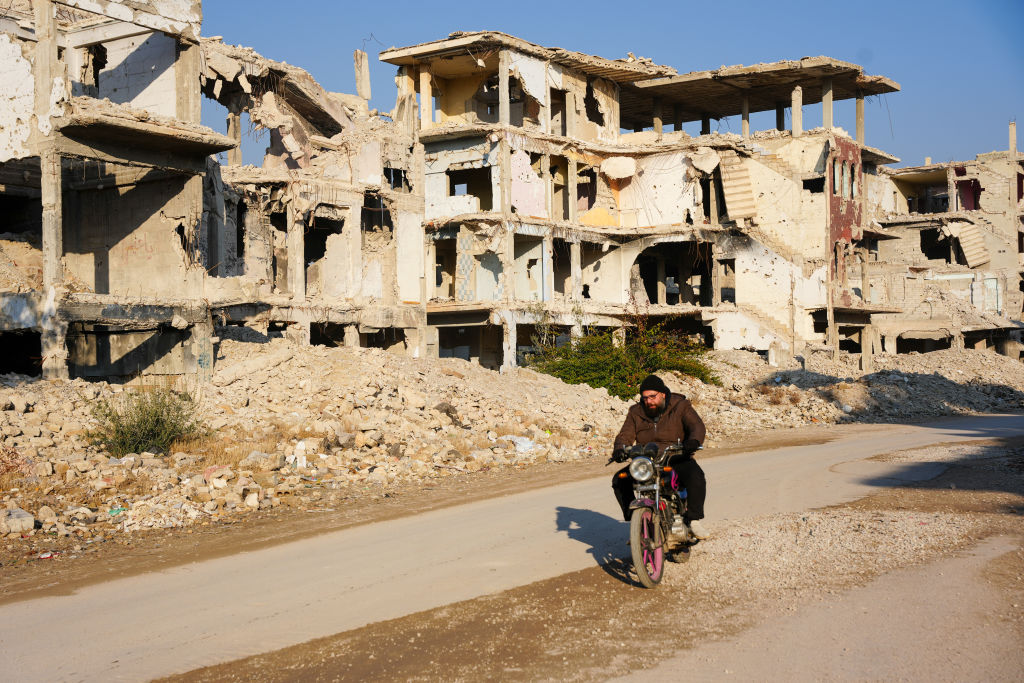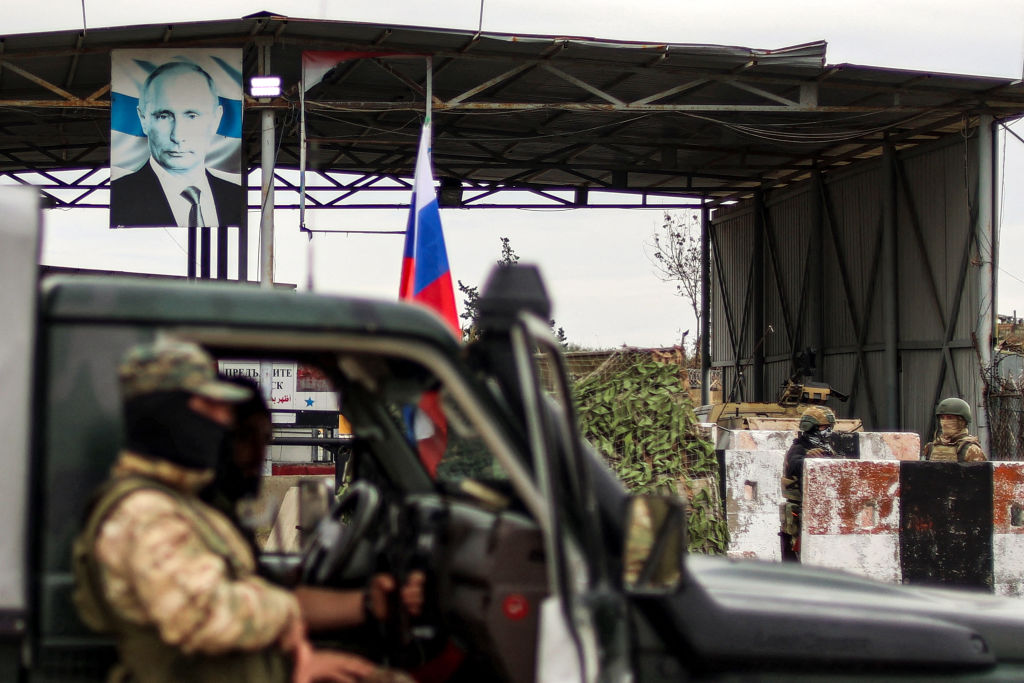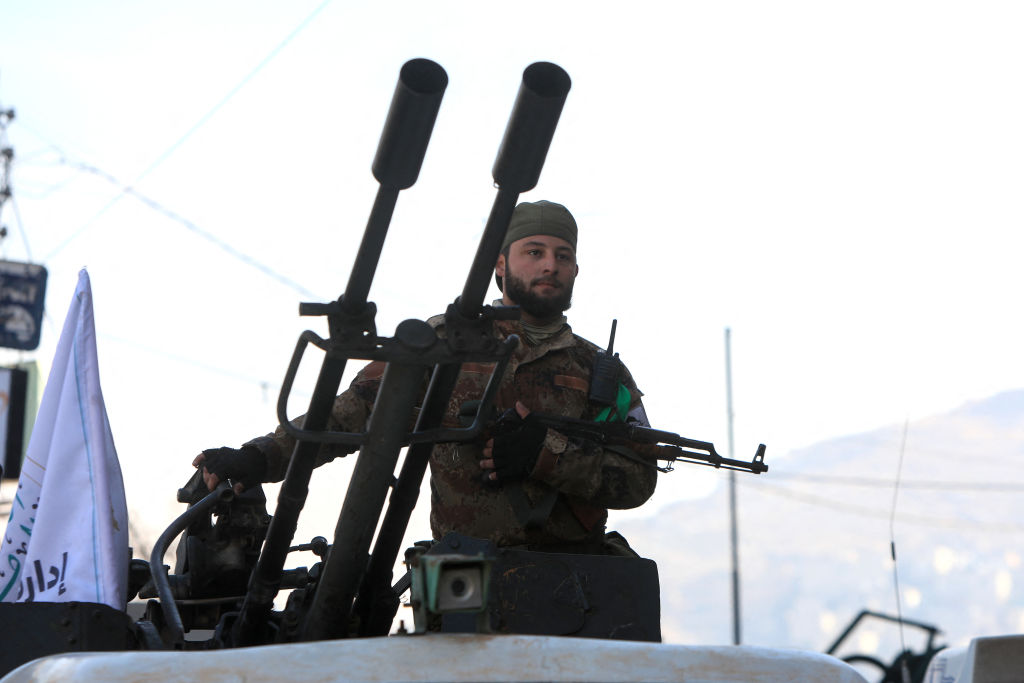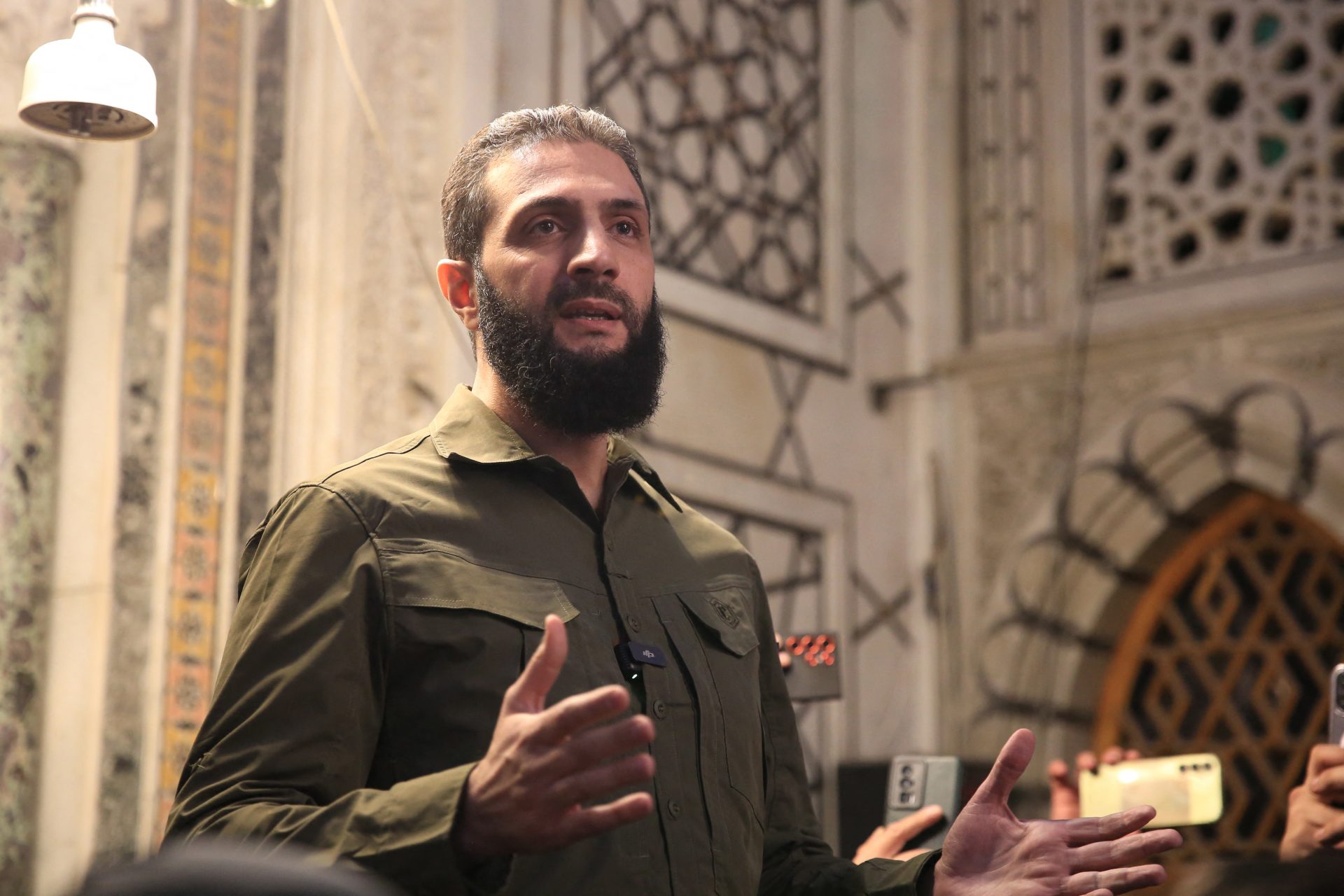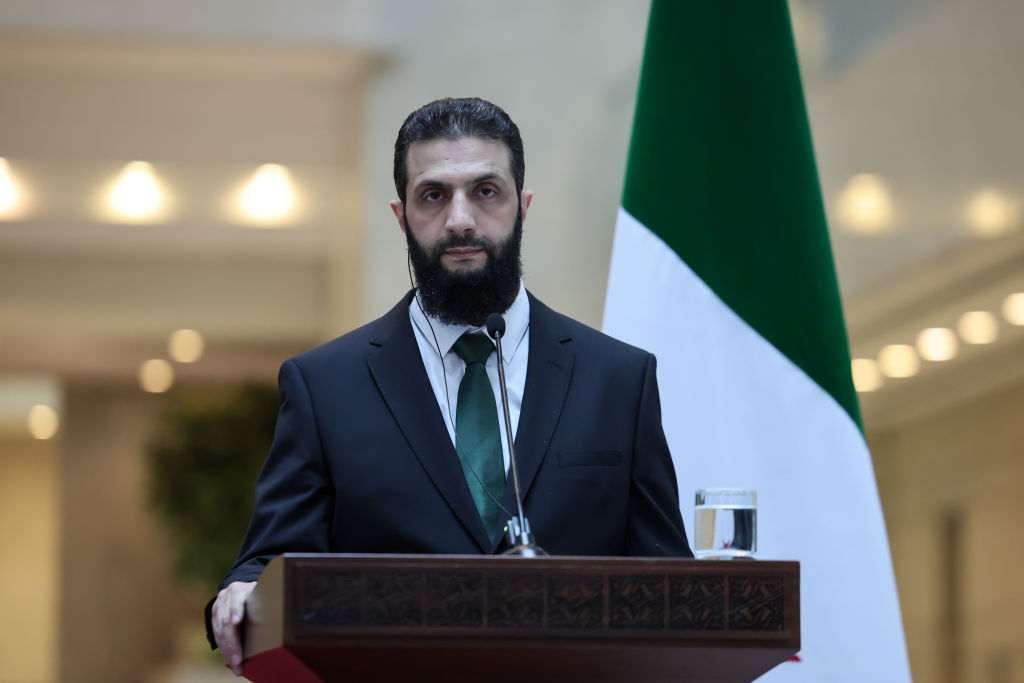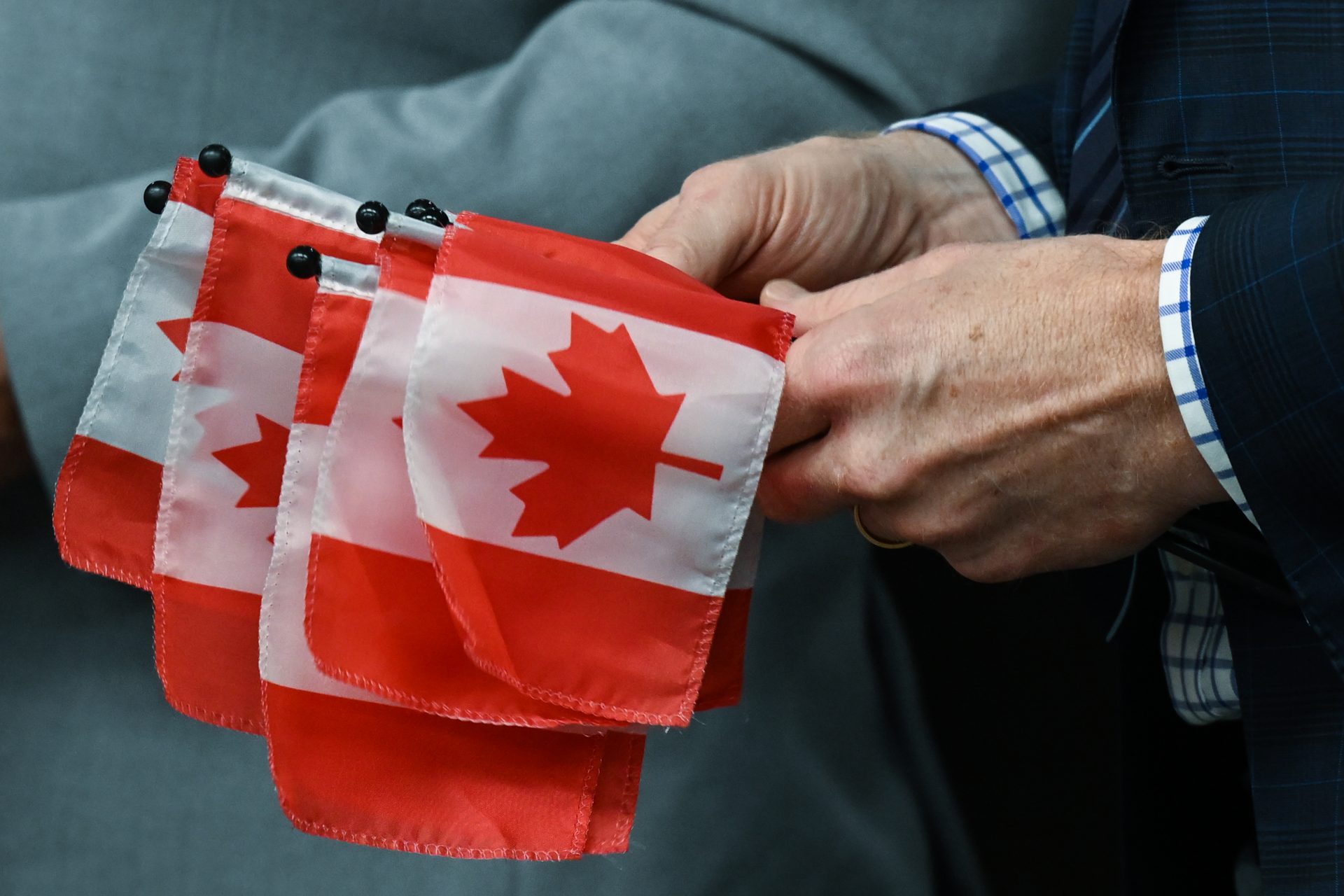Who is Ahmed al-Sharaa: Meet Syria's new President
Ahmed Hussein al-Sharaa, known as Abu Mohammad al-Julani, has been named the interim president of Syria, the spokesman for the armed coalition, Hassan Abdel Ghani, announced.
His appointment as President of Syria comes after an alliance of jihadists and rebels took Damascus in December 2024, ending more than five decades of dynastic rule from the al-Assad family.
The Syrian revolution, which began in 2011, unleashed years of conflict and transformed the country's political landscape. Ahmed al-Sharaa, leader of Hayat Tahrir al-Sham (HTS), played a key role in the fight against Bashar al-Assad's regime, establishing himself as one of the most influential figures in the opposition.
The speaker of the armed coalition, Hassan Abdel Ghani, indicated that the parliament and state institutions of the previous regime were dissolved, as has the Baath party, to which al-Assad headed, according to Al Jazeera.
The spokesperson also announced the dissolution of all armed factions in Syria, which will become part of state institutions. However, he did not specify whether this measure would include Hayat Tahrir al-Sham (HTS), the militia led by Ahmed al-Sharaa, according to France24.
Al-Sharaa will represent the country at international forums and will have the power to form a temporary legislative council to govern until a new constitution is drafted, the state news agency SANA confirmed the information, according to France24.
Ahmed al-Sharaa, also known as Abu Mohammad al-Julani, was born on 29 October 1982 in Riyadh (pictured), Saudi Arabia, to a Syrian family from the Golan Heights.
Ahmed al-Sharaa joined al-Qaeda shortly before the US invasion in 2003, and was active in the Iraqi insurgency, gaining notoriety in the conflict.
Captured by US forces, he was imprisoned between 2006 and 2011. His release coincided with the start of the Syrian revolution, allowing him to establish the al-Nusra Front in 2012 with the support of al-Qaeda. Since then, he has played a key role in the civil war against the regime of Bashar al-Assad.
Over time, Ahmed al-Sharaa moved away from jihadist ideology and strengthened his hold on northwestern Syria, where in 2017 he founded Hayat Tahrir al-Sham (HTS). Under his leadership, the group consolidated itself as the main force in Idlib and established a civilian administration.
In an attempt to project a more pragmatic image, Al-Sharaa has promised inclusive governance and the protection of minorities, while seeking to avoid past abuses, according to Europa Press.
On 29 January 2025, Ahmed al-Sharaa was appointed as Syria’s interim president. This appointment represents a decisive turn in his career, moving from a rebel leader to a central political figure in a country devastated by years of civil war.
His leadership now faces crucial challenges, such as rebuilding the Syrian state and reconciling various factions and communities.
At the January 29 meeting that appointed Ahmed al-Sharaa as transitional president, the Kurdish-majority Syrian Democratic Forces were absent and have not commented.
Although most rebel groups participated in the overthrow of Bashar al-Assad, tensions between Kurdish forces and Turkish-backed groups allied with HTS have led to clashes in the north of the country. The future of the Kurdish militia in Syria is uncertain.
The interim government faces crucial challenges, including unifying the armed forces and rebuilding a country scarred by years of war and instability.
On January 28, 2025, in the first visit by a Kremlin delegation since the fall of Bashar al-Assad, the Syrian government has urged Russia to acknowledge its “past mistakes” and pay war reparations.
Ahmed al-Sharaa and Russian Deputy Foreign Minister Mikhail Bogdanov (pictured) discussed measures to regain the trust of the Syrian people, including compensation and reconstruction, according to SANA news agency.
Russia, which backed Assad with thousands of airstrikes since 2015, reaffirmed its “unwavering support” for Syria's unity and its readiness to help restore it. According to BBC News, these operations caused more than 21,000 deaths, including 8,700 civilians.
Russia has begun withdrawing troops and weapons from its bases in Khmeimim and Tartus, although it seeks to maintain its presence due to its strategic value.
In an interview with Al Arabiya, Ahmed al-Sharaa stressed the importance of strategic ties between the two countries and said he does not want Russia to withdraw in a way that would harm its relationship with Syria.
The interim president recalled that Syrian weapons are of Russian origin and that many key infrastructures in the country depend on Russian experts, which reinforces the need for cooperation in the future.
Ahmed al-Sharaa announced a political transition in Syria with a national conference, an inclusive government, and elections within four years. According to Al Jazeera, he also proposed creating a unified army and security forces. It's unclear how he will integrate the various rebel groups, each with their leaders and ideologies.
More for you
Top Stories




